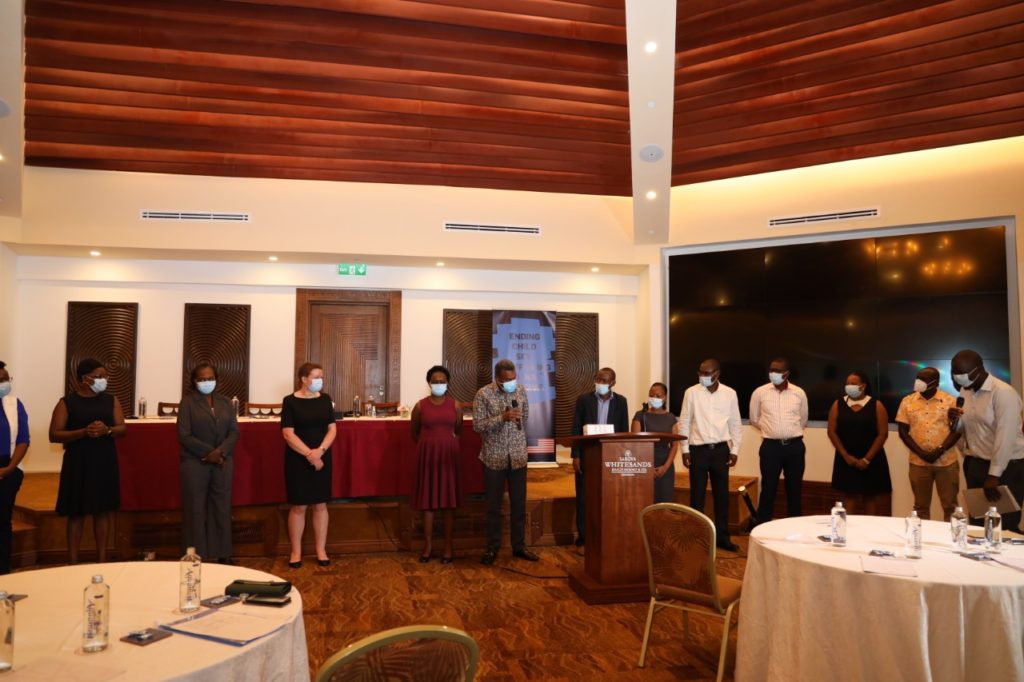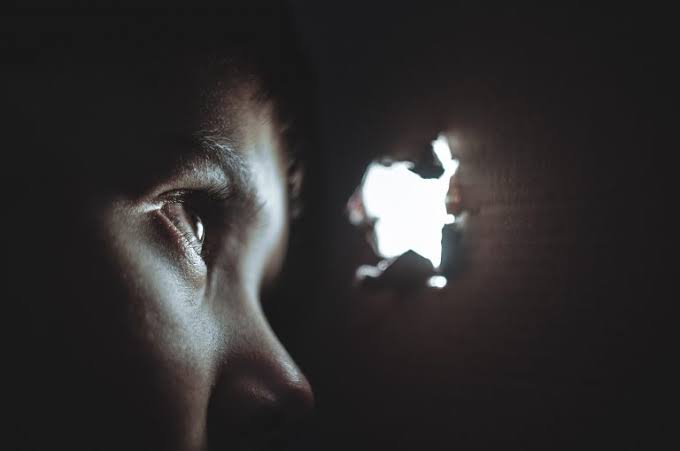MOMBASA, Kenya, Mar 26- The war on child sex trafficking in Kenya’s coastal region has received a major boost, after a project that will help authorities to effectively investigate and prosecute perpetrators was launched in Mombasa.
Due to the high level of poverty, a situation further worsened by the collapse of the tourism industry and other sources of income due to the COVID-19 pandemic, the region remains a hotspot for the vice, despite a myriad of efforts to curb it.
The initiative is dubbed the Commercial Sexual Exploitation of Children (CSEC) Project by the International Justice Mission- Kenya.
According to IJM-Kenya Country Director Bernard Shamala, the project aims at protecting thousands of children living in poverty against sex trafficking that is rampant in Kenya, especially in the Coastal region.
“We believe, together with our partners, we will be able to protect many children who are trapped in this violence,” he said during the launch.
It is estimated there are up to 20,000 victims of child sex trafficking across Kenya, although only a fraction of cases are reported to the police.
He pointed out that, “In 2019, IJM Kenya conducted an assessment of child sex trafficking in the southern parts of the Kenyan Coast, which indicated that the region remains a major child sex trafficking hotspot.
The level of poverty in the Kenyan coastal communities reduces communal resilience to child sex trafficking, and a lack of adequate livelihood alternatives increases the risk of child sex trafficking.
“In the coastal communities, 40 percent of the population live on less than USD 2 per day and many children and their parents are forced into different forms of exploitation in exchange for money and essential goods and services.”
Recent assessments have revealed that the prevalence of child sex trafficking is still high at the coast.
Interestingly, the crime is facilitated by family, friends and community members, tourists as well as strangers, who act as recruiters, agents, pimps, and transporters.
While some customers are foreign visitors, IJM-Kenya has established that the majority are local, and many engage with individual victims on a long-term basis.
“Through this project, IJM aims to strengthen the government of Kenya’s capacity to effectively investigate and prosecute child sex trafficking in the three counties by engaging victims and communities to increase reporting, and by providing training, mentoring, and technical assistance to the justice sector and social services officials; this includes working closely with the Anti-Human Trafficking and Child Protection Unit, Mombasa office. The assistance will enable these actors to conduct more effective and victim-sensitive investigations, prosecutions, and case management,” the IJM-Kenya Country Director said.
The project, he said, “will not only seek to address gaps in reporting mechanisms and community-level response but will also focus on psychosocial support to victims and survivors, working through

partner organizations to accompany survivors through the healing process.”
“We believe this project is an important step in the fight to curb child sex trafficking in the coastal
area where it has become an epidemic. As we work to build victim confidence in the justice system
and increase justice system performance in responding to child sex trafficking, we believe this project will begin to deter perpetrators, reduce the prevalence of the crime and bring protection to vulnerable children.”
Director of Public Prosecution Noordin Haji launched the project on Thursday, where he expressed optimism that the project will be useful in raising public awareness and will encourage victims of related offences to report such crimes.
He added that the project will further emphasize the critical issue of witness protection.
“It will also aid in the proper documentation and tracking of Child Sexual Offenders,” the DPP said.
“I am confident that the project will lead to greater collaboration between various agencies culminating in greater co-operation with regard to the immediate support of child victims, to wit, rescue centers, helplines, counseling, legal and medical aid. Further, joint training will ensure that law enforcement agencies, prosecutors and judicial officers read from the same script.”
To protect the children in Kenya, he noted that the Office of the Director of Public Prosecution (ODPP) has since established the Children’s Division “that has spearheaded administrative strategies geared toward enhancing the administration of justice for children.”
Further, the ODPP has since established the Victim and Witnesses Support Unit which facilitates attendance of the victims in court and threatened and intimidated witnesses.
The DPP said his office has also put in place child-friendly interview rooms for pre-trials within the ODPP for the child victims and also issued the Practice Directions on Prosecution of Children cases to provide guidance on the right to privacy for children in contact with the law and to ensure victim-sensitive legal representation of children in conflict or contact with the law.
Want to send us a story? Contact Shahidi News Tel: +254115512797 (Mobile & WhatsApp)


